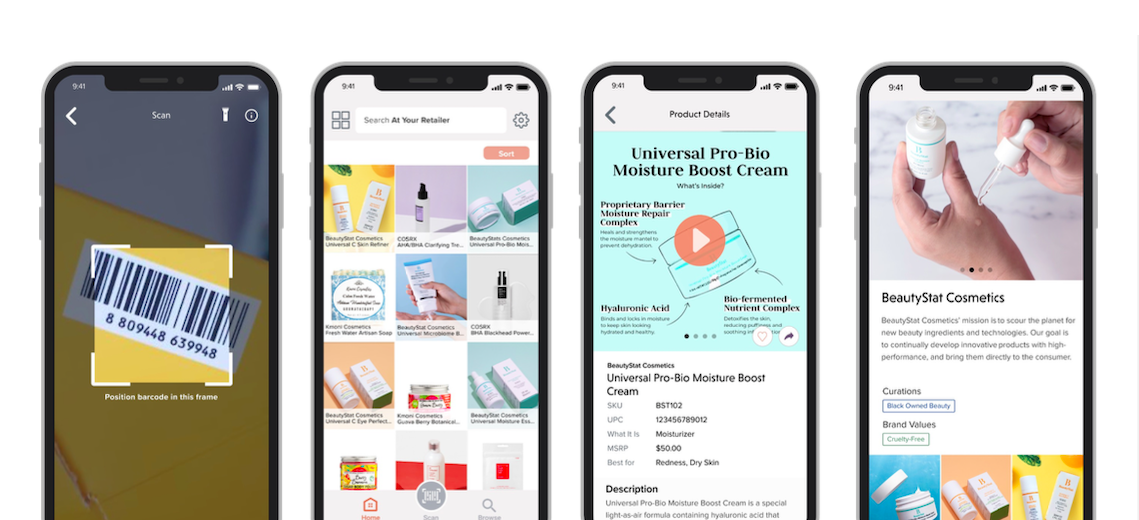There’s no doubt that indie beauty startups often rely heavily on influencers to drive visibility. But once the brands earn coveted shelf space in beauty retailers, they may be neglecting one important “influencer”: the store associate.
Currently in beta, the new BeautyFluent app by Landing International was launched at Ulta Beauty’s Field Leadership Conference last month. Its aim is to provide brands with an opportunity to train store employees on product usage while avoiding the costs to send representatives to work with them on site. Featuring brands including CosRX and BeautyStat, which sell at Ulta Beauty, the platform is especially targeting indie beauty labels working to make the most of their store footprints.
Store associates are “the ones who interact with customers every day,” said Sarah Chung, founder and CEO of Landing International. “Brands wouldn’t even blink at spending $10,000 for a micro-influencer to post maybe one grid [post] and one story about their brand. [But] they’re actually kind of reticent to spend that same amount on beauty advisors who are dealing with their customers every single day and really are their brand ambassadors at the point of sale.”
At $12,000 a year for brands to join and feature their products, the new mobile app allows store associates to enter their individual store location and create an account in order to scan product barcodes and read up on each product. In its second phase starting in 2023, associates will be able to earn points for completing training and quizzes on products. By 2024, the platform plans to incorporate a content component featuring live events with brand founders. Points can then be redeemed for free products that will be mailed directly to their homes. The app also allows associates to review products, providing brands with feedback from experts working with the products on the sales floor. Brands will have access to data on quiz scores and top store locations participating, as well as receive information on which store associates are the most engaged with the brand. The app is neither linked to retailers’ sales data nor employee commissions.
While online shopping has certainly seen a boost during the pandemic, consumers have headed back into stores. According to December 2021 data from McKinsey & Company, 60-70% of consumers across categories prefer to shop both online and in-store. While store associates can be key recommenders on the path to purchase, reaching them can be a challenge for small brands with rapidly expanding retail footprints.
Larger beauty brands have budgets to invest heavily in training store associates, sometimes spending up to 10% of their retail sales to send representatives to stores on a weekly basis. Smaller brands with less manpower often opt to simply send free samples to stores, providing no guidance on the products and receiving no guarantee that all staff members will receive them.
When surveying store associates, Chung found that “they don’t feel equipped when customers come into the store asking about a specific product or brand, or a random question for a concern or need.”
“They absolutely believe that better training would allow them to make more improved recommendations,” she said.
This is a challenge even for buzzy brands that initially succeeded with an online DTC model. Chung said she has seen a “slew of DTC brands that were getting a lot of traction online, but then once they moved to retail, they were quite surprised, [wondering], ‘Why aren’t we selling through?’”
Seeing the store associate as a “true influencer is the marketing secret weapon. [When customers] walk into the storefront is a really key [time]. With how saturated it is, a lot of beauty brands lose sight of what’s going to help them succeed in brick and mortar,” said Adriana Lipsztein, the vp of agency and marketing at Landing International.




